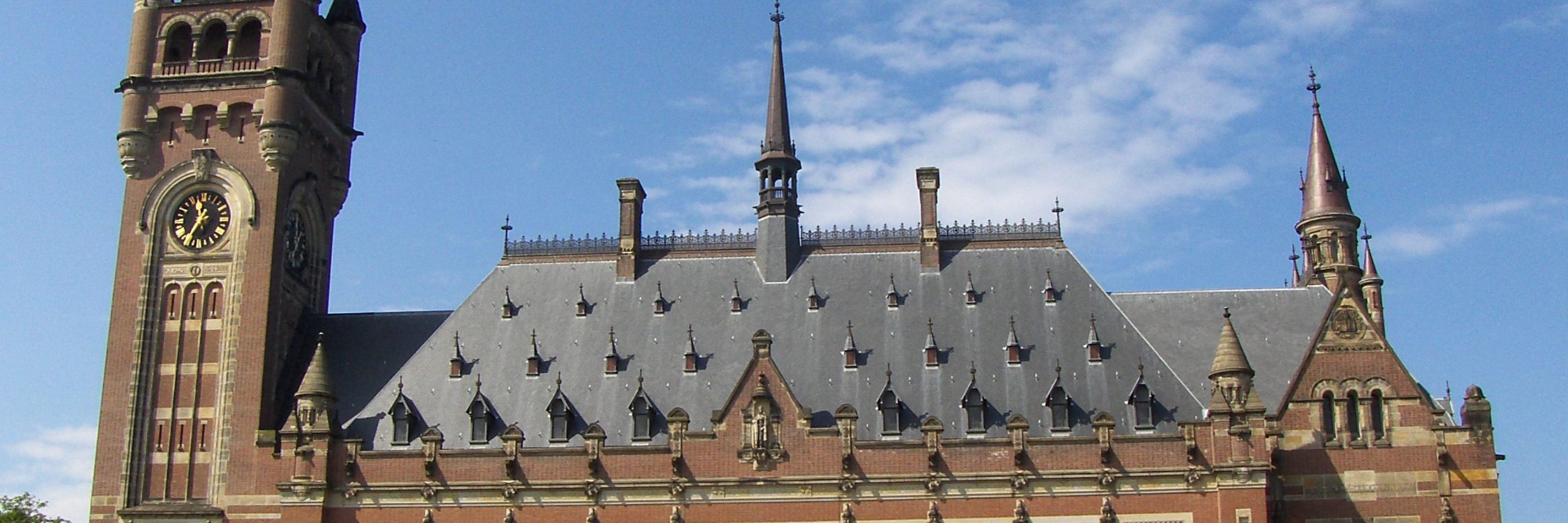South Africa has filed a case against Israel in response to the ongoing violence in Gaza, accusing Israel of genocide. Image source: Ontheway Advice, via Wikimedia.
Proceedings before the International Court of Justice (ICJ) have begun regarding South Africa’s case against Israel on the grounds of genocide.
The case was filed in response to Israel’s military assault on Gaza, which has killed more than 24,000 Palestinian people and another injured 61,000 between 7 October 2023 and 16 January 2024.
More than 9,600 of those among the dead were children.
South Africa claims that this violates the 1948 Genocide Convention and has called for Israel to “immediately suspend its military operations in and against Gaza”.
Israel in turn seeks to reject the request and remove the case before the ICJ on the grounds that the Israeli Defence Force (IDF) is acting in “self-defence”.
Israeli President Isaac Herzog describe South Africa’s claim as “atrocious” and compared it to blood libel.
Initial public hearings were held Thursday 11 and Friday 12 January.
Speaking for South Africa, Irish lawyer Blinne Ní Ghrálaigh described the violence in Gaza as the “first genocide in history where its victims are broadcasting their own destruction”.
“The international community continues to fail the Palestinian people, despite the overt dehumanising genocidal rhetoric by Israeli… officials matched by the [IDF’s] actions on the ground, despite the horror of the genocide against the Palestinian people being livestreamed from Gaza to our mobile phones, computers, and television screens.”
The trail has divided opinion among the international community.
In a press conference on 17 January, Australian Prime Minister Anthony Albanese indicated that Australia would not participate in the proceedings.
“This is the actions of South Africa taking action at the ICJ,” said Albanese.
“That doesn’t mean that we agree with some of the assumptions that are there in the South African case at all.”
“It means that we respect the independence of the ICJ and the role that they are playing.”
The United States and the United Kingdom have also voiced opposition to South Africa’s claims.
Members of the European Union have withheld from comment — Irish Taoiseach Leo Varadkar said the decision was for the ICJ to make.
South Africa’s case is backed by the member states of the Arab League and the Organization of Islamic Countries (OIC), as well as Bolivia, Brazil, Columbia, Namibia and the Maldives.
Though rulings made by the ICJ are legally binding and cannot be revoked, it is the responsibility of the states to apply them as the Court does not have the means to enforce its decisions.
The ICJ’s press releases and verbatim records in relation to the case can be found here.





